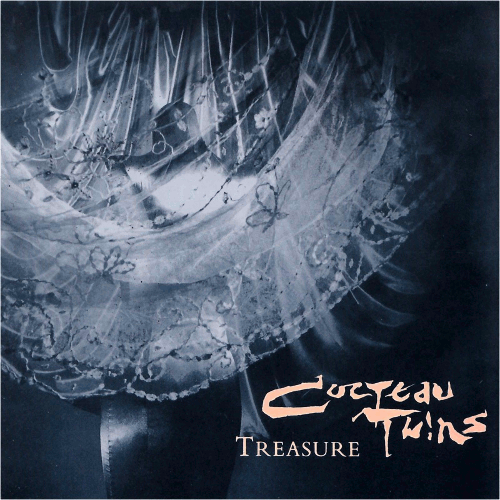 Silberstreif was a German duo made up of George Buschmann and Hans Plankert that released a sole 12″ on Sky Records in 1983 after the dissolution of their rock band Straight Shooter. By the looks of the photographs, they were in thrall to to rock format; but the call of synthesisers was obviously too much for George and Hans, so the direction that Silberstrief took was very much in the synth, drums and keyboard vein with guitars for embellishment.
Silberstreif was a German duo made up of George Buschmann and Hans Plankert that released a sole 12″ on Sky Records in 1983 after the dissolution of their rock band Straight Shooter. By the looks of the photographs, they were in thrall to to rock format; but the call of synthesisers was obviously too much for George and Hans, so the direction that Silberstrief took was very much in the synth, drums and keyboard vein with guitars for embellishment.
Issuing this for the first time on CD is actually just what Bureau B is about as there has been no pressing since the original release, plus they have unearthed three previously unreleased tracks and a shorter version of the the A-side to flesh it out to album length. The title track is a mid-tempo gallop with shiny squelchy synths and the simplest of electronic drum beats. It is very much of its time, but the subtle metallised vocal has a certain charm. It is softer than the likes of DAF and there is something slightly yearning when the song breaks down.
The vocals are more whispered on “Bei Dir Ist Noch Licht” and the repetitive, almost flute-like synth adds a little intrigue. There are different levels of synth sound and there is a kind of US soundtrack feel to it, as if you could imagine teenagers racing across the desert towards the horizon. The final original track is slower and more spectral, with a glorious ascending guitar riff that and spoken, conversational vocals. It is longer and more atmospheric, with brittle guitar that scatters like dust into an extended sci-fi coda. If you had bought the record, this would have been an excellent way to end; but there are a few unheard treats to tempt the casual listener. “Jeden Tage Jeden Nacht” is punkier with a more whiny vocal delivery. It is quite frantic compared to what precedes it, while “Ich Will Deinen Korper” has more of an indie pop take on post-punk. It faintly reminds of Teardrop Explodes and the synth sound is hard to resist in comparison to the frustrated vocals. It is all rather interesting, with “Hass Oder Liebe” having a much livelier drum pattern. The album rounds out with a shorter version of the title track and it is all over.Silberstreif’s entire career it would seem in six tracks. Neither one of the duo appears to have gone on to do anything else; but incredibly, forty-odd years on, we can experience this final flourish. If you have any interest in German synth work, this plugs an unexpected gap. Well done Bureau B.
-Mr Olivetti-



